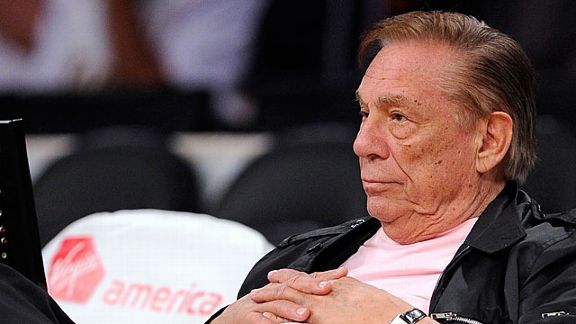If you want to do one thing, and only one thing, get off of sugar. Sugar is deadly metabolic poison. It screws up all of your biochemistry.
We know how to prevent cancer, and we know how to cure cancer, and it's fairly simple to do. We're just not telling anybody about it. You cannot be sick, unless cells malfunction. When cells malfunction in a certain way, we get what we call cancer.
There is a lot that is
so questionable and concerning about what Raymond Francis relates, let's step back and cover some of these things.
The profile on Francis' own website
Beyond Health lists his degree as M.Sc., and his training as a chemist and as graduate of MIT. Apparently producers at WREX station from Rockford, IL fed interviewer Jeannie Hayes wrong information, as Francis is not a doctor. He didn't correct her, when she addressed him as such. Perhaps it was just an innocent mistake.
After a very serious health scare at age 48, this gentleman turned his life around, after his own doctors showed little optimism that he could survive. More than just survive, he thrived in picture-perfect health for 26 years, after two years of recovery. Quite a bit of research and major lifestyle changes brought him to age 76, at the time of the interview on April 12th 2012.
Let's take this profile at face value, and we can acknowledge that it must've been an extraordinary turn around in health. Be that as it may, another questionable thing is how Francis generalized a personal experience into a prescription for health for people. Technically it's a flaw of inductive reasoning: that is, one example becomes a mistaken representation of everyone in a group or everything in a situation. It is also what I call the persistence of
geocentric thinking (rf.
Part 2 of The Core Algorithm - Making the Future).
There is also the phenomenology of eating sugar. I admit to
loving chocolates, ice cream, cookies and cakes. I go through cycles when I crave sugary foods more than at other times. I do not gorge on these, by any means. In fact, my family and I have learned to buy mini-portions of chocolates, so after a meal I often eat two or three pieces. Granted, Francis may know far more about sugar than I, but to call it metabolic poison is frankly ludicrous and hyperbolic. I would think that if it were truly poison, we'd have hordes of children around the world dying off in recess, if not at lunch, at school. Me, I'm obviously still alive and kicking. I am in good health, and I exercise on a daily basis. I have my tired stretches, but I am blessed to have a good amount of energy, alertness and focus.
An essential aspect of the phenomenology of sugar is that it's a tasty, pleasurable thing to eat. My mouth is salivating this moment just thinking about a piece of chocolate. Life is complicated or rough at times, and this little pleasure is among the things I am thankful to God for. Chocolates do not solve problems, of course, but it takes the edge of whatever stress I may be feeling. That little thing in itself puts me in a better position of doing my work and taking care of things. It is a fundamental choice I make, and a fundamental choice that again scores of people make.
If Francis, or others, wish to help me with my diet or health in general, they first of all must determine if I, or anyone else, want to be helped. If the answer is yes, then his next protocol is to understand
my phenomenology. He may draw on his knowledge and experience, including perhaps research studies. But my phenomenology, or anyone else's, is
not a scientific finding or a medical conclusion. Who I am includes my palate, my preferences, and my culture. So any lifestyle change that he might help me with has to account, as best as possible, for who I really am. Not who he is, what he has done, or even what he thinks. In brief, it's correcting that flaw in reasoning and turning from geocentric to heliocentric thinking.
Last year as I undertook my Algorithm for Disease, which was my effort to look at disease differently and to recommend an approach to curing it better than humankind has thus far. After several weeks, I saw that it was a far more arduous, complicated task than I had initially thought. I am still at it, but with no time frame for finishing it. So for Francis to say it's a simple thing to prevent and cure cancer is to suggest that this gentleman is flat out naive.
All of the foregoing said, I encourage people to be mindful of what they hear or read about. I don't suggest that they be categorically skeptical or dismissive of anyone that sounds just fractionally quacky. But they ought to weigh what they know about the subject, in relation to what they don't know, and decide how they want to go forward. Of course they may decide to check with their medical professional, friends or family, or online resources. But when it comes to sugar, or any other particular foods, they can make a choice.
Finally, and sadly ironic, I wanted to find out a bit more about
WREX and Hayes in particular. I didn't see her among the news team. So I Googled her separately, and learned that she had
died. Seven months after her interview with Francis, and just two days after being diagnosed with leukemia, in November 2012, she lost the short battle (rf.
WREX Anchor Jeannie Hayes Dies and
Jeannie Hayes: 1983 - 2012)
May she continue to rest in peace. She was only 29.






